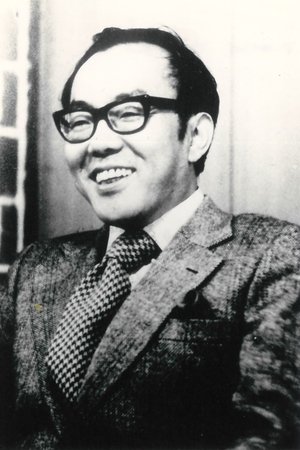Shūsaku Endō (1923-1996)
Birthplace:
Toshima City, Tokyo, Japan
Born:
March 27, 1923
Died:
September 29, 1996
Endō Shūsaku, (born March 27, 1923, Tokyo, Japan—died Sept. 29, 1996, Tokyo), Japanese novelist noted for his examination of the relationship between East and West through a Christian perspective. Endō became a Roman Catholic at age 11 with the encouragement of his mother and an aunt. At Keio University he majored in French literature (B.A., 1949), a subject he studied from 1950 to 1953 at the University of Lyon in France. His first collections of fiction, Shiroi hito and Kiiroi hito (both 1955; “White Man” and “Yellow Man”), indicate the direction of most of his later fiction: they contrast Japanese and Western experience and perspectives. In Umi to dokuyaku (1957; The Sea and Poison), he examines the Japanese sense of morality in a war story about Japanese doctors performing a vivisection on a downed American pilot. One of Endō’s most powerful novels, Chimmoku (1966; Silence), is a fictionalized account of Portuguese priests who traveled to Japan and the subsequent slaughter of their Japanese converts. This novel and Samurai (1980; The Samurai)—a fascinating account of a samurai’s journey on behalf of his shogun to open trade with Mexico, Spain, and Rome—are considered his best writing, showing the complexities of the interactions between cultures as well as presenting a supple and well-told narrative. Endō’s other extended fiction includes Kazan (1959; Volcano), Kuchibue o fuku toki (1974; When I Whistle), Sukyandaru (1986; Scandal), and a number of comic novels. He also wrote short stories, drama, essays, and a biography.





